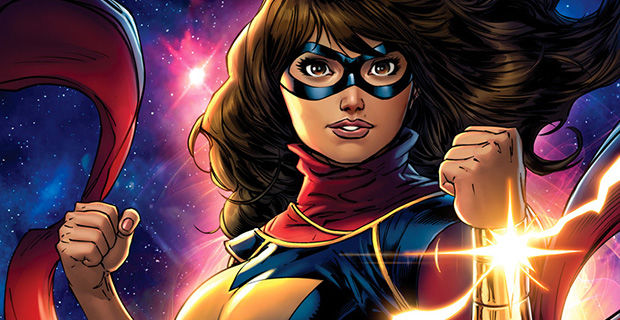By Aaron Bumgarner
It wasn’t surprising to see Disney Animation’s new movie, Zootopia, top the box office during its opening weekend. The biggest competition was London Has Fallen, the sequel to the underwhelming Olympus Has Fallen from 2013. It was still almost expected when Zootopia was number one again the following weekend, since the only other new opener with a chance was niche thriller 10 Cloverfield Lane. But this past weekend, when Zootopia bested the third Divergent movie, making it the number one movie three weeks in a row, it was time to pay attention.
You honestly already should have been paying attention to Zootopia, for its quality if not for the quantity of dollars it’s bringing Disney. Again, even in the area of quality, Zootopia wasn’t really a surprise. Disney Animation (separate from but friendly with Pixar, both of which are under John Lasseter’s management) has released great movie after great movie, starting in 2010 with Tangled, then Wreck-It Ralph in 2012, Frozen in 2013, and the Marvel collaboration Big Hero 6 in 2014. With this track record, quality was to be expected. But what was wholly unexpected was the kind of movie Disney ended up making. Zootopia is not only an exciting, zippy piece of children’s entertainment but also an insightful and timely plea for human decency.
Of course, it takes a movie about animals to demonstrate our need for human decency. Zootopia follows Judy Hopps (Ginnifer Goodwin), a rabbit from the country who wants nothing more in life than to make the world a better place by becoming a police officer in the great metropolis of (you guessed it- congratulations!) Zootopia. Zootopia is filled with animals of all kinds, both prey and predators, but Judy would be the world’s first bunny cop. We see a montage of Judy working hard at the police academy, and then a scene of her being badged in which we learn Judy is the first officer instated under the mayor’s new “mammal inclusion program”. That phrase alone should give you an idea of which side of this movie’s bread is buttered.
And yet it goes in a completely different direction. You’d think this might be a harmless movie that uses Judy’s story of succeeding against prejudices within the police force as a paean to both hard work and inclusion. And the movie does explore that angle to great effect. But Zootopia goes further, giving Judy an assignment to find a missing otter with the help of an untrustworthy fox (Jason Bateman) and finding ways therein to comment on police violence, identity politics, and fearmongering politicians. What starts as a “you can be anything you want to be” fable becomes a kind of social commentary unprecedented from Disney.
I feel comfortable designating Zootopia a liberal movie because of the ways that it comes down on a lot of these issues. But ending my description there (as I often have over the past few weeks when describing the movie to friends) has seemed incomplete in retrospect, especially after a conversation with a few of my good friends last weekend. We talked at length about the concepts of privilege and diversity and what the costs and benefits are of a culture that uses such demarcations. We disagreed on a lot and agreed on some, but by the end it was clear that we were all seeking solutions to the same problems: disunity and disharmony. Zootopia, while being decidedly in favor of liberal ideals, is far more in favor of unity and harmony, and the movie recognizes that achieving those goals in the real world is complicated.
And that’s why Zootopia is such a special movie. Some have gone so far as to call it anti-Trump- that’s probably a stretch, since it went into production before our country’s Trump situation had reached peak Trump. But I suppose it’s inherently anti-Trump just by virtue of being pro-human decency. More than anything- more than a celebration of diversity or an ode to hard work or an argument for inclusive government programs- Zootopia is a movie that values harmony above all. And in the midst of this divisive political campaign, harmony seems to be what we need most.






